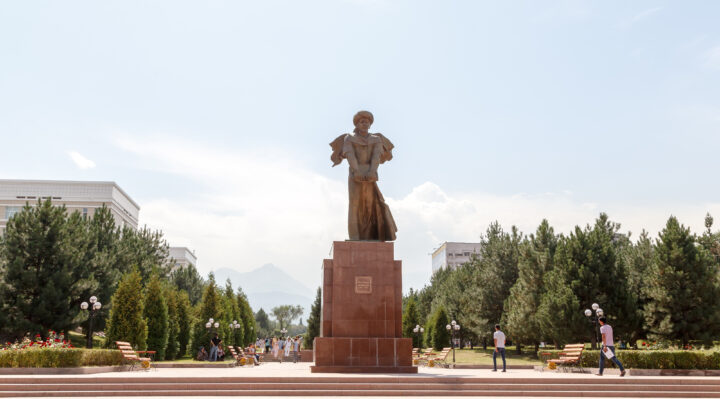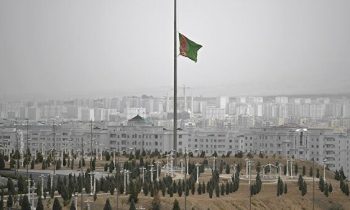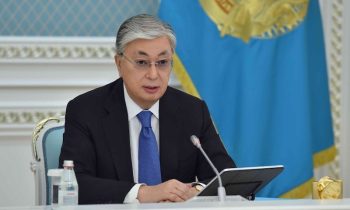By Adil Akhmetov, Kazakhstan’s former Ambassador to Norway – This year marks the 1150th anniversary of Abu Nasr al-Farabi – the great philosopher and scientist of the Middle Ages. Al-Farabi, born in present-day Kazakhstan, spent much of his life with Muslim and Christian scholars in Baghdad. Known in the West as Alfarabius, he thoroughly studied and developed the works of Plato and Aristotle. Islamic philosophical circles called him the “second teacher” (as Aristotle was considered the first).

Why is al-Farabi so crucial in today’s world? The philosopher seriously dealt with the issue of an ideal city-state and the model of the relationship between such cities. In particular, he developed the concept of the so-called “virtuous city”, that is, a state in which people live and work together in the name of achieving universal happiness. In a way, that was an advanced version of Plato’s “Republic.”
Al-Farabi saw an organic concept of the state, whose primary purpose is justice. He described important characteristics for residents and leaders of a virtuous city.
“A city, where the union of people is aimed at mutual assistance in matters, where people achieve true happiness, is a virtuous city, and a society where people help each other achieve happiness, is a virtuous society,” al-Farabi wrote in his famous treatise.
Interestingly, the philosopher further develops his thought from an ideal state to an ideal world where international cooperation is exceptional.
“People, since they belong to the human race, must maintain peace among themselves… The whole earth will become virtuous if all nations help each other to achieve happiness”.
Fast-forward to 2020, we are witnessing a crisis of idealism, which is necessary to stimulate further the progress towards universal prosperity. We hear fewer ideas and initiatives for a better world and rapprochement between nations. Enthusiasm, the hands-on, pro-active approach in solving global problems is waning amid increasing isolationism.
Obviously, al-Farabi realized his idea’s utopian nature, but at the same time, declared the importance of striving for this. Centuries would pass after him for humanity to develop a functioning democracy, a system of separation of powers, to ensure universal equality and education. What for? To achieve universal happiness, al-Farabi believed.
And the “virtuous global world” means a high quality of international cooperation, where “nations help each other to achieve happiness”.
If it seems distant in the current situation, we must nevertheless never let go of the ideal. What appears to be a utopia today may become a reality tomorrow.
Adil Akhmetov is a member of the International Academy of Science of Higher School, Doctor, Professor of Philology. Former Senator. He served as Kazakhstan’s Ambassador to the UK and Norway in 2000-2002.



